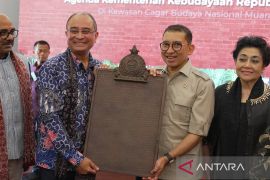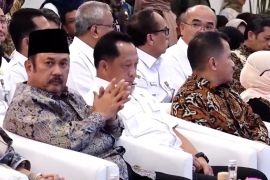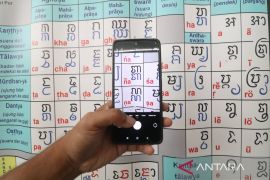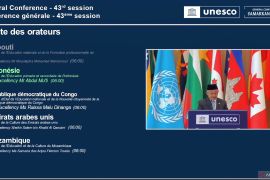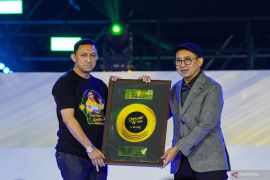The proposal was submitted at the end of March 2024 and is pending discussion by UNESCO.
"We are optimistic that the tempeh culture will be added to the list of UNESCO intangible cultural heritage in Indonesia. We hope that the inclusion of tempeh culture in the UNESCO list can provide benefits not only for the people of Indonesia but also for the world," the ministry’s Director of Cultural Protection, Judi Wajudin, noted in a press release received here on Friday.
The Indonesian Tempeh Forum, as one of the initiator teams, hoped for public support, so that tempeh would continue to be sustainable and known around the world.
Mentor of the Indonesian Tempeh Forum Made Astawan stated that tempeh is currently consumed in 27 countries.
Several studies in the world found health benefits of tempeh due to the fermentation of soybeans in producing it.
"Moreover, the trend of vegetarianism or veganism is also getting more popular, along with increasing awareness of healthy food in the world community," Astawan highlighted.
Tempeh is a native food of Indonesia produced through the traditional knowledge and techniques of the ancestors. It is a food product that is nutrient-dense and offers health benefits.
"Although officially, the government has not formally determined it, but we tempeh lovers and makers have been setting June 6 as National Tempeh Day," Chairman of the Indonesian Tempeh Forum, Muslimatun, stated.
He deemed it important that the culture of tempeh be celebrated once a year, as the nation’s ancestors have gifted such a healthy food to society.
Related news: NFA asks Bulog to set up soybean supply system for tempeh producers
Related news: KTNA asked to digitize agriculture to attract millennials
Related news: Local soybeans more nutritious and organic than imported ones
Translator: Fathur, Kenzu
Editor: Azis Kurmala
Copyright © ANTARA 2024

